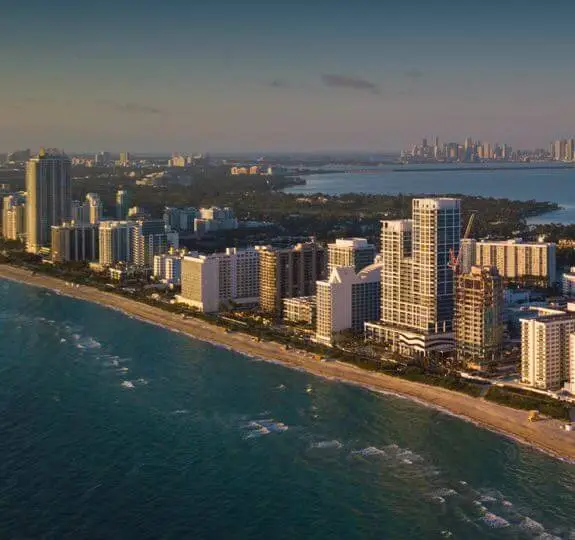As a continuation of the escalating legal and constitutional debate over the Trump administration’s handling of mass deportations, a federal judge has expressed deep concern over the executive branch’s refusal to comply with a court order temporarily blocking the removal of Venezuelan nationals allegedly affiliated with criminal groups.
This development follows our recent post, “Trump Administration Invokes Wartime Law to Deport Alleged Gang Members — Despite Judge’s Order“, which outlined how deportation flights proceeded despite a temporary restraining order. This current post covers the legal showdown that unfolded the next day.
Judge Boasberg Pushes Back
U.S. District Judge James Boasberg challenged the Trump administration’s interpretation of his oral order given on Saturday, March 15, 2025. The government argued that the oral directive, which ordered planes carrying deportees to turn around, was not legally binding until a written order followed. In response, Judge Boasberg called this defense “a heck of a stretch” and pressed the Justice Department to submit detailed flight data and deportee identities under oath by noon Tuesday.
The judge’s remarks underscore the gravity of the administration’s actions and reflect broader concerns about the executive branch circumventing judicial authority—especially when individuals facing removal may be denied due process protections under the Alien Enemies Act.
Stakes Rising in Legal Battle
The administration continues to defend its use of the centuries-old Alien Enemies Act, claiming it grants the president broad authority to deport nationals from hostile nations without a hearing during times of conflict. The Justice Department warned that this lawsuit presents “grave incursions on Executive Branch authority” and accused the judiciary of interfering in matters of national security.
However, civil rights groups including the ACLU and Democracy Forward argue that the administration is stretching wartime powers far beyond their intended scope. They insist that many of the deportees have viable asylum claims, and some are being misidentified as gang affiliates based solely on tattoos or unverified allegations. One asylum seeker, for instance, claims he was targeted by the gang he is now accused of supporting.
The legal uncertainty surrounding these deportations is expected to reach the D.C. Circuit Court of Appeals shortly, with the administration also asking for a new judge, claiming irregularities in court procedures.
What This Means for Immigrants
This case represents one of the most significant legal confrontations over the limits of executive power in immigration enforcement. The implications for migrants—especially those facing expedited deportation—are profound. If wartime laws like the Alien Enemies Act can be broadly applied without judicial oversight, thousands of individuals may face removal without the opportunity to defend themselves in court.
For immigrants with pending asylum claims or those accused based on tenuous associations, this unfolding legal situation underscores the critical importance of experienced legal representation.
Need Immigration Help?
At Law Office of Ben Ezra Eran, we are committed to guiding individuals and families through the complexities of the U.S. immigration system — our experienced legal team is here to support you every step of the way.
📅 Schedule a confidential consultation today by visiting our contact page
📞 Or call us directly at (305) 912-7777.
📖 Article reference: “Judge Questions Administration’s Defense of Deportation Flights” – Wall Street Journal, March 17, 2025

